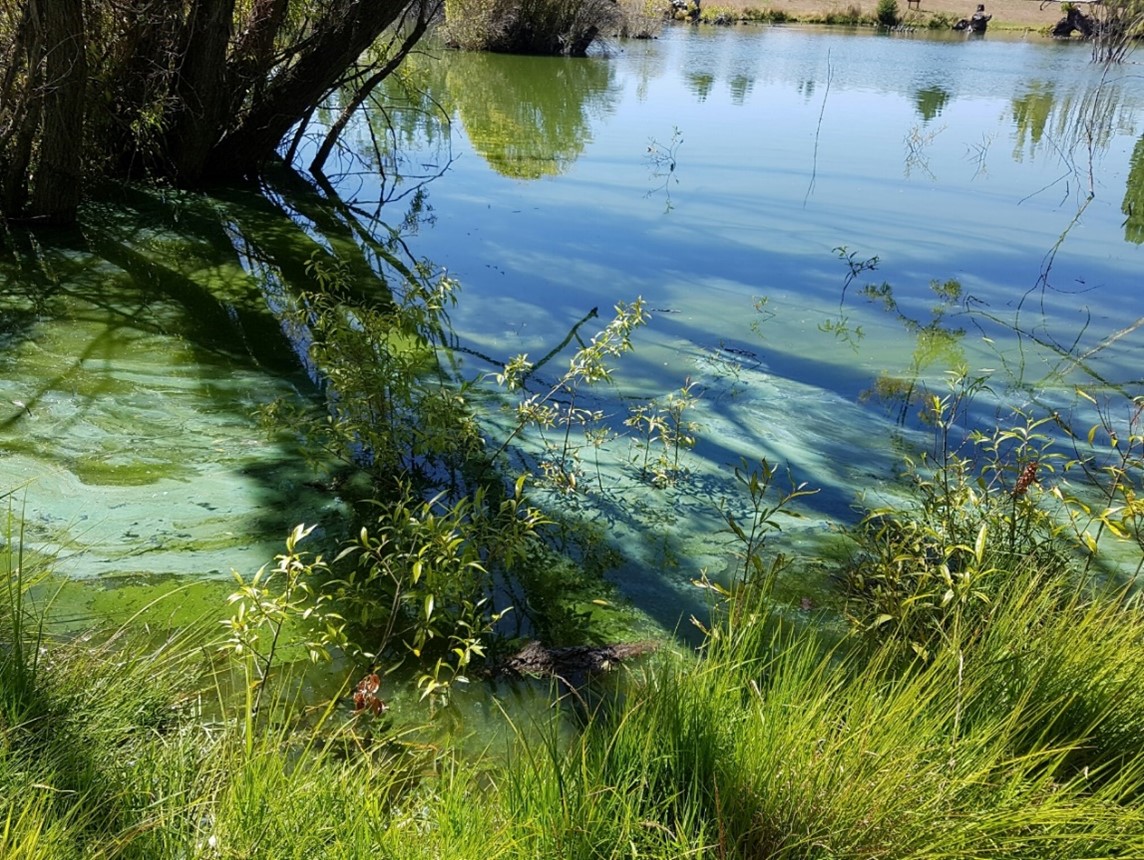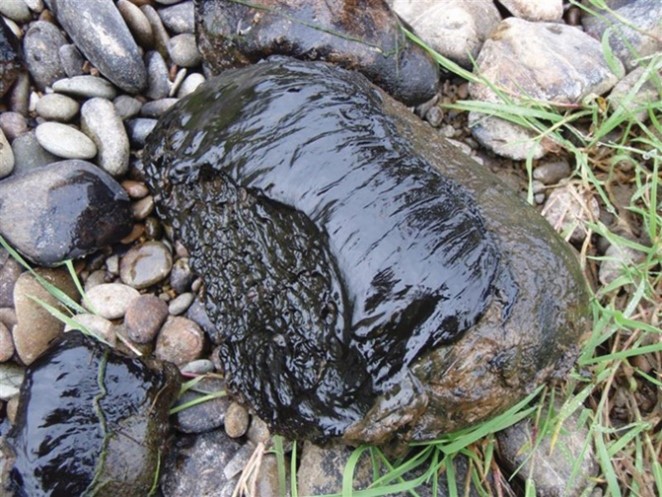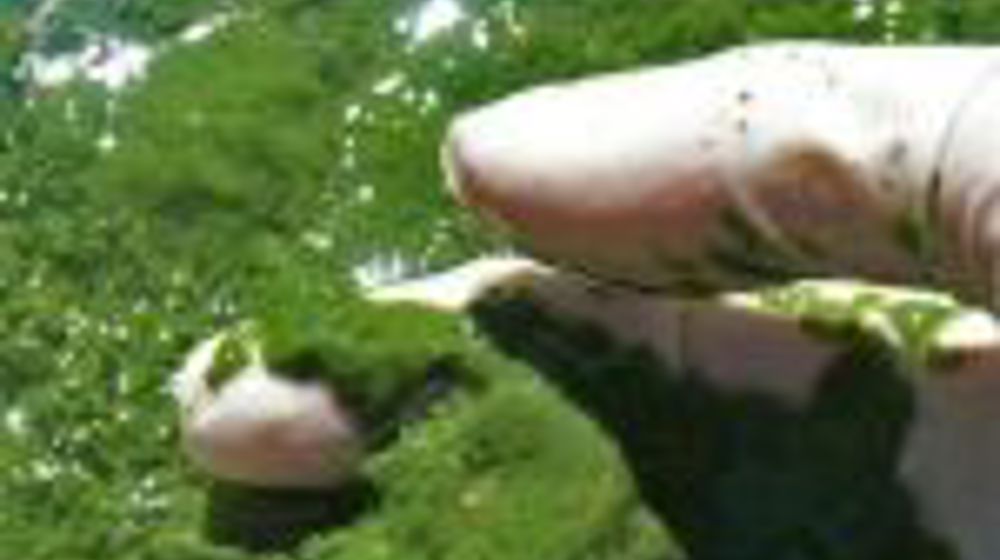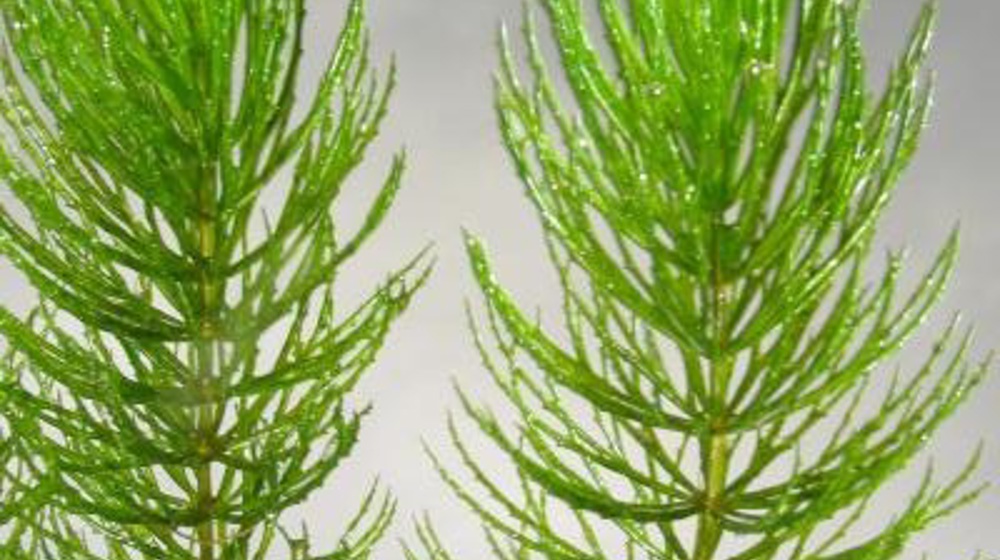-
-
-
-
-
-
-
-
-
-
-
Toxic algae warnings
-
-
-
-
-
-
-
-
Naturally occurring toxic algae (or cyanobacteria) can be harmful to human and animal health.
In Otago, toxic algae often bloom in lakes and rivers during summer. It may be present at sites listed below and also in other places not listed. Conditions and contact risk can change quickly.
Learning how to spot toxic algae is the best way to avoid it. Always check the area for signs of toxic algae before you (and your pets) are near or in the water.
People and their pets should avoid contact with the water and any algae on the banks at these locations until further notice.
| Toxic algae location in Otago | Date issued/updated |
| Butchers Dam (near Alexandra) | 4 December 2025 |


Rivers:
- Silver Stream, Mosgiel
- Cardrona River, Central Otago
- Manuherekia River, Central Otago
- Hāwea River, Central Otago
- Waianakarua River, North Otago
Lakes:
- Lake Waihola, Dunedin
- Tomahawk Lagoon, Dunedin
- Butchers Dam, Central Otago
If you think you have experienced a reaction after exposure to water containing toxic algae, seek urgent medical attention. Let your doctor know that you think you have swallowed toxic algae, so that they can inform Regional Public Health of the incident.
Swallowing water containing toxic algae can lead to vomiting, diarrhoea, abdominal pain, and nausea. Skin contact can cause irritation of the skin, eyes, nose, and mouth. The toxins can also affect the liver and the nervous system.
Dogs are particularly susceptible to poisoning as they can be attracted to the musty smell of toxic algae mats – if eaten it can cause severe poisoning or death. In extreme cases death can occur within 30 minutes after signs first appear. If your dog experiences these symptoms treat it as an emergency and contact a veterinarian immediately.
Livestock are also at risk from poisoning from toxic algae and should be provided with alternative drinking water.
Symptoms of poisoning in animals include:
- Lethargy
- Muscle tremors
- Fast breathing
- Twitching
- Paralysis
- Convulsions
See our Toxic Algae information page to learn more about toxic algae.
View the latest water quality results for popular swimming spots and useful factsheets at LAWA www.lawa.org.nz/swim
Report suspected toxic algal blooms to the ORC Pollution Hotline 0800 800 033 (7 days) or email us
Photographs of observed algal blooms will help us to quickly identify toxic algae and notify others about potential risks.

Report pollution
If you observe any type of pollution in Otago, please contact our Pollution Hotline at 0800 800 033 or fill in the form on our Report Pollution page. Your information is crucial in helping us maintain a cleaner environment for everyone in Otago.

Toxic algae
Learn how to spot toxic algae in rivers and lakes.

Freshwater pests
Know your hornwort from your lagarosiphon? ORC’s Biosecurity team actively combats freshwater pests to safeguard our waterways, including initiatives such as the Check, Clean, Dry programme. Let’s keep our aquatic ecosystems thriving.
Other water quality monitoring
Over summer water quality is also monitored for E. coli. These results are published on the LAWA "Can I swim here" page. Please check before you go swimming and follow other safe swimming advice.
